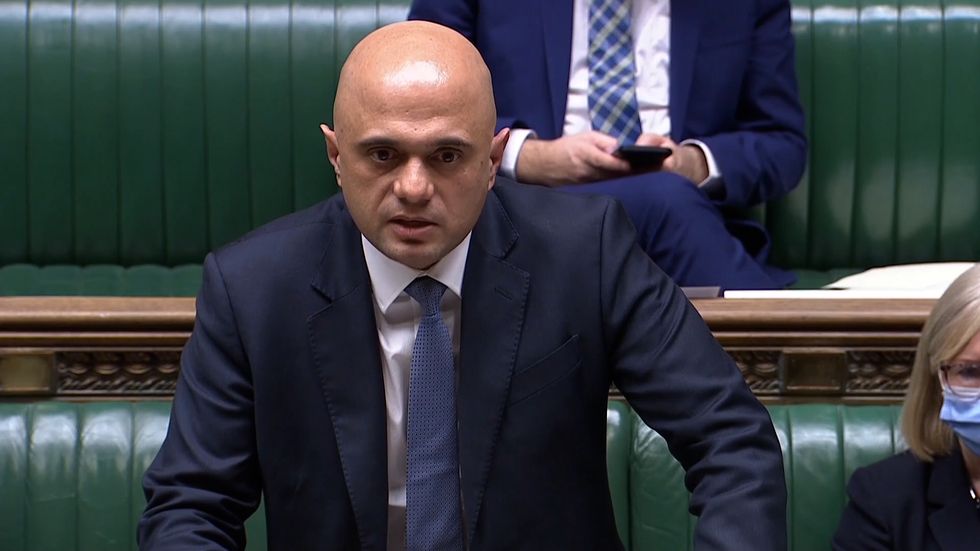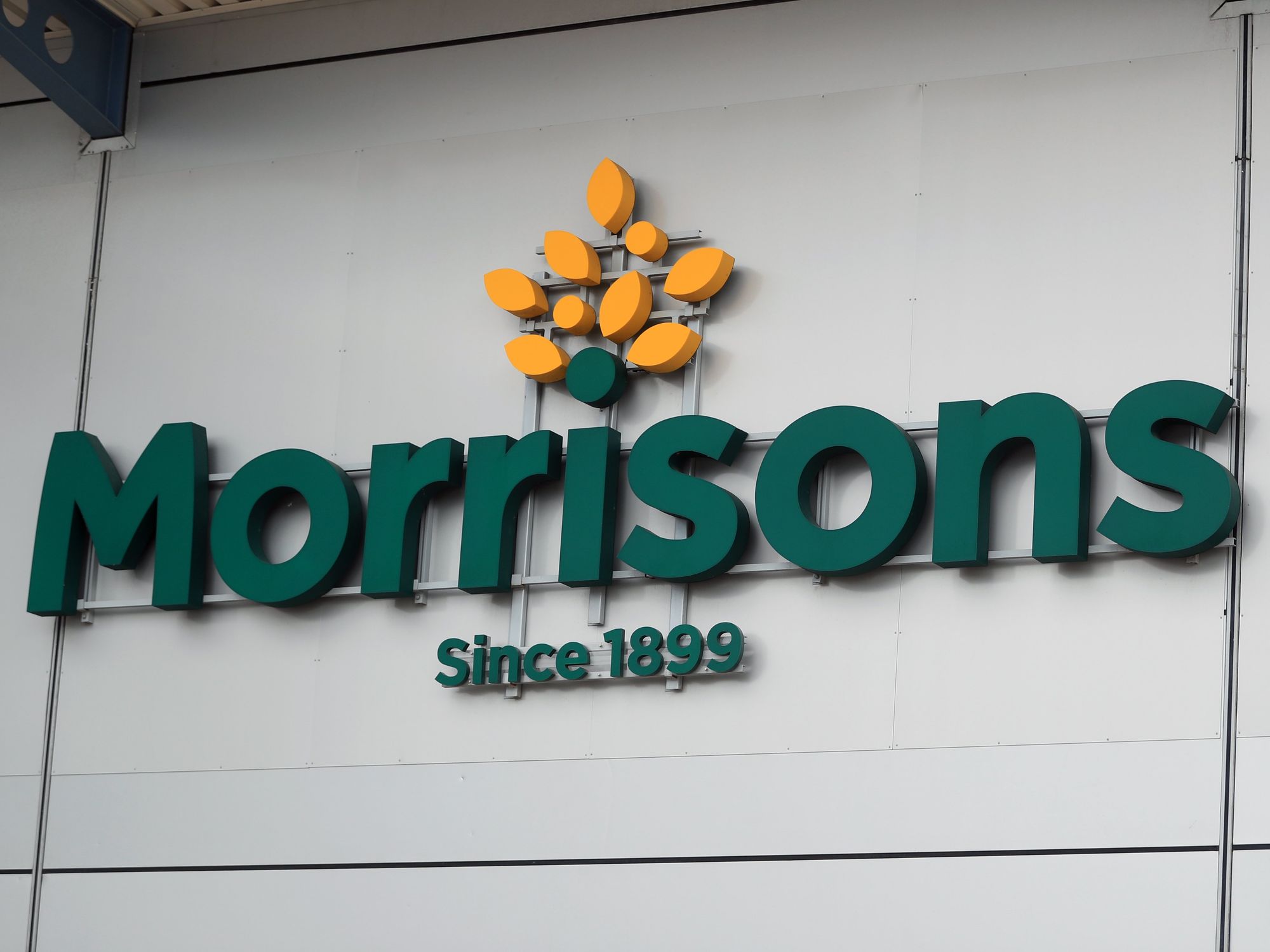Sajid Javid says vaccine mandate is 'no longer proportionate' for NHS staff

Health Secretary Sajid Javid
The Health Secretary said: 'Given that Delta has been replaced, it’s only right that our policy on vaccination as a condition of deployment is reviewed'
Don't Miss
Most Read
Health Secretary Sajid Javid has confirmed the Government is “looking…again” at whether to scrap mandatory coronavirus vaccines for frontline health and social care workers in the light of the less severe Omicron variant.
Health Secretary Sajid Javid defended the policy of initially introducing mandatory Covid vaccinations for NHS and social care workers, insisting the Government “makes no apology for it”.
Mr Javid told MPs there was a need to consider the impact on the workforce in NHS and social care settings, “especially at a time where we already have a shortage of workers and near full employment across the economy”.
He added: “In December I argued, and this House overwhelmingly agreed, that the weight of clinical evidence in favour of vaccination as a condition of deployment outweighed the risks to the workforce.
“It was the right policy at the time, supported by the clinical evidence, and the Government makes no apology for it. It has also proven to be the right policy in retrospect, given the severity of Delta.”
Mr Javid said that since September there has been a “net increase of 127,000” people working across the NHS who have “done the right thing and got jabbed”, and a net increase of 32,000 people vaccinated in social care.
He went on: “Given that Delta has been replaced, it’s only right that our policy on vaccination as a condition of deployment is reviewed. So I asked for fresh advice including from the UK Health Security Agency and England’s chief medical officer.”
The Health Secretary announced it is no longer proportionate to require vaccination for NHS staff and health care workers as a condition of deployment through statute.
Sajid Javid told MPs that two factors mean the Government can “revisit the balance of risks and opportunities” that guided the original decision last year.
He said: “Omicron’s increased infectiousness means that at the peak of the recent winter spike, one in 15 people had a Covid-19 infection, according to the ONS (Office for National Statistics). Around 24% of England’s population has had at least one positive Covid-19 test, and as as of today in England, 84% of people over 12 have had a primary course of Covid-19 vaccines and 64% have been boosted, including over 90% of over-50s.
“The second factor is that the dominant variant, Omicron, is intrinsically less severe. When taken together with the first factor that we now have greater population protection, the evidence shows that the risk of presentation to emergency care or hospital admission with Omicron is approximately half of that for Delta. Given these dramatic changes, it is not only right but responsible to revisit the balance of risks and opportunities that guided our original decision last year.
“While vaccination remains our very best line of defence against Covid-19, I believe that it is no longer proportionate to require vaccination as a condition of deployment through statute.
“So I’m announcing that we will launch a consultation on ending vaccination as a condition of deployment in health and all social care sectors. Subject to the responses and the will of this House, the Government will revert the regulations.”
Ministers have been facing pressure to put back the requirement for staff in England to be double jabbed by April amid fears it will lead to a major staffing crisis.
The requirement for care home staff to have two doses came into force last November, with one charity accusing the Government of using the sector as “the trial run for the NHS”.
Frontline NHS and wider social care staff would need their first dose by Thursday in order to be double jabbed by April 1, and there have been protests and calls for the policy to be delayed.
Latest figures from NHS England show that 127,515 NHS and domiciliary care staff working in registered settings had not had a first dose of a Covid-19 vaccine as of January 23.
Simon Clarke, chief secretary to the Treasury, said it was a policy “we have always kept under review” and that the decision was made when the “extremely dangerous” Delta variant was dominant.
He told Sky News: “We continue to monitor that situation very closely.
“What we know about Omicron is it is much more transmissible but less severe – any decision that is taken this week will reflect that reality.
“I can’t pre-judge the decision that is going to be made but obviously we do recognise those realities, and that does open a space where we can look at this again.”










